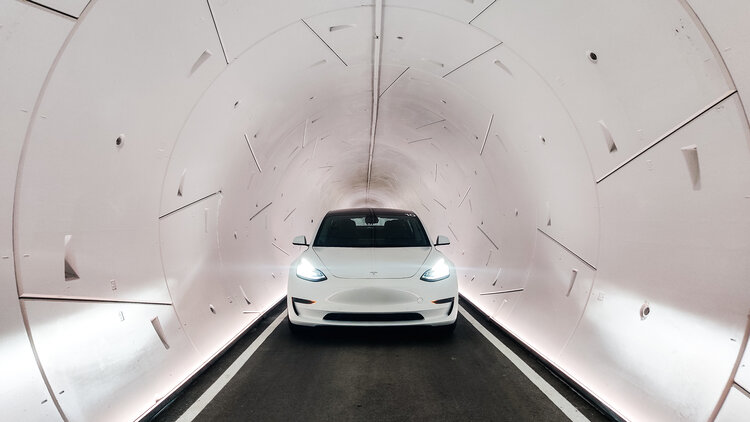The Boring Company’s latest endeavor, the Nashville tunnel project known as the “Music City Loop,” is estimated to cost between $240 million and $300 million to complete. This cost was revealed by Jim Fitzgerald, Chief of Development for The Boring Company, during a meeting with the Nashville Rotary Club. The 10-mile tunnel will connect downtown Nashville to the Nashville International Airport (BNA) and will feature two underground lanes designed for Tesla vehicles.
What sets this project apart is its cost-efficiency. Traditional industry rates for a similar two-lane tunnel system can range from $500 million to over $1 billion per mile. The Boring Company’s unique in-house engineering model allows them to significantly reduce costs while still delivering large-scale infrastructure projects.
It is worth noting that the entire Music City Loop will be privately funded, with no taxpayer dollars involved in the financing. The project was first announced back in July, and it has received approval from the Tennessee Building Commission for a no-cost lease of the state-owned launch site. Additionally, Tennessee is expected to grant long-term underground right-of-way access beneath state highways to support the construction of the tunnel.
Despite the promising cost estimates and funding model, the project has faced criticism from various quarters. Concerns have been raised about safety, environmental impacts, and the unique karst terrain of Nashville, which features sinkholes, caves, and streams. The office of Metro Nashville Mayor Freddie O’Connell has also flagged permitting and safety issues related to the project.
In response to these concerns, Fitzgerald emphasized that the tunnels will be waterproof, equipped with sump pumps, and will have elevated stations to mitigate flood risks. He also mentioned that The Boring Company’s digging approach, which goes deeper underground, should help avoid potential issues with unpredictable rock layers closer to the surface.
The Boring Company, founded by Elon Musk, has been making significant strides in the tunneling industry. Recently, the company opened a new Global Operations Control Center in Bastrop, Texas, from where it can remotely monitor and control tunneling projects across the U.S., including the Nashville loop. In addition to the Nashville project, The Boring Company is also expanding its Vegas Loop system, although it has faced regulatory challenges and safety incidents in recent times.
If successful, the Music City Loop could serve as a blueprint for additional tunnel lines in the region. The project represents a bold vision for the future of transportation in Nashville and underscores The Boring Company’s commitment to revolutionizing the way we travel underground.

